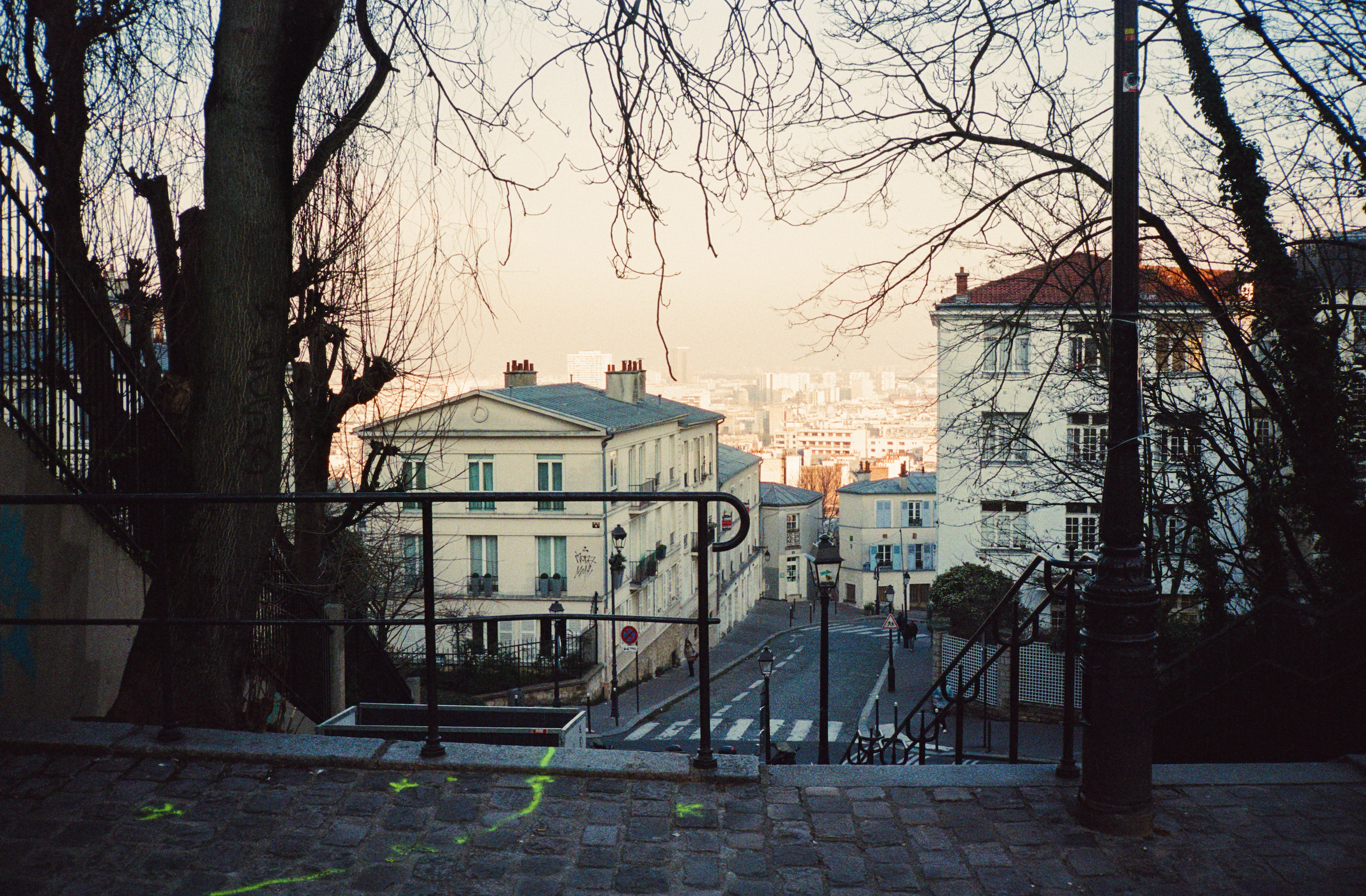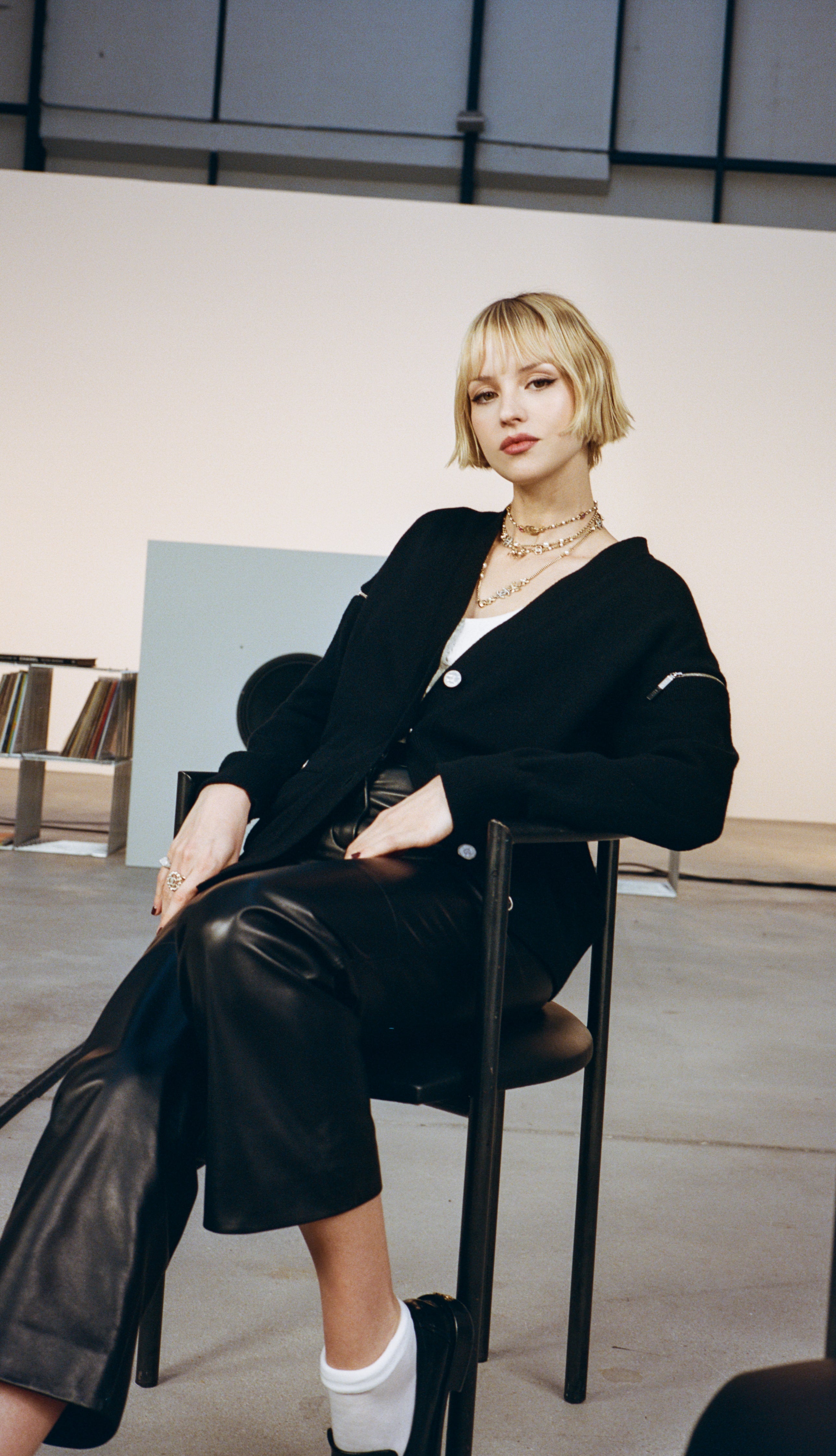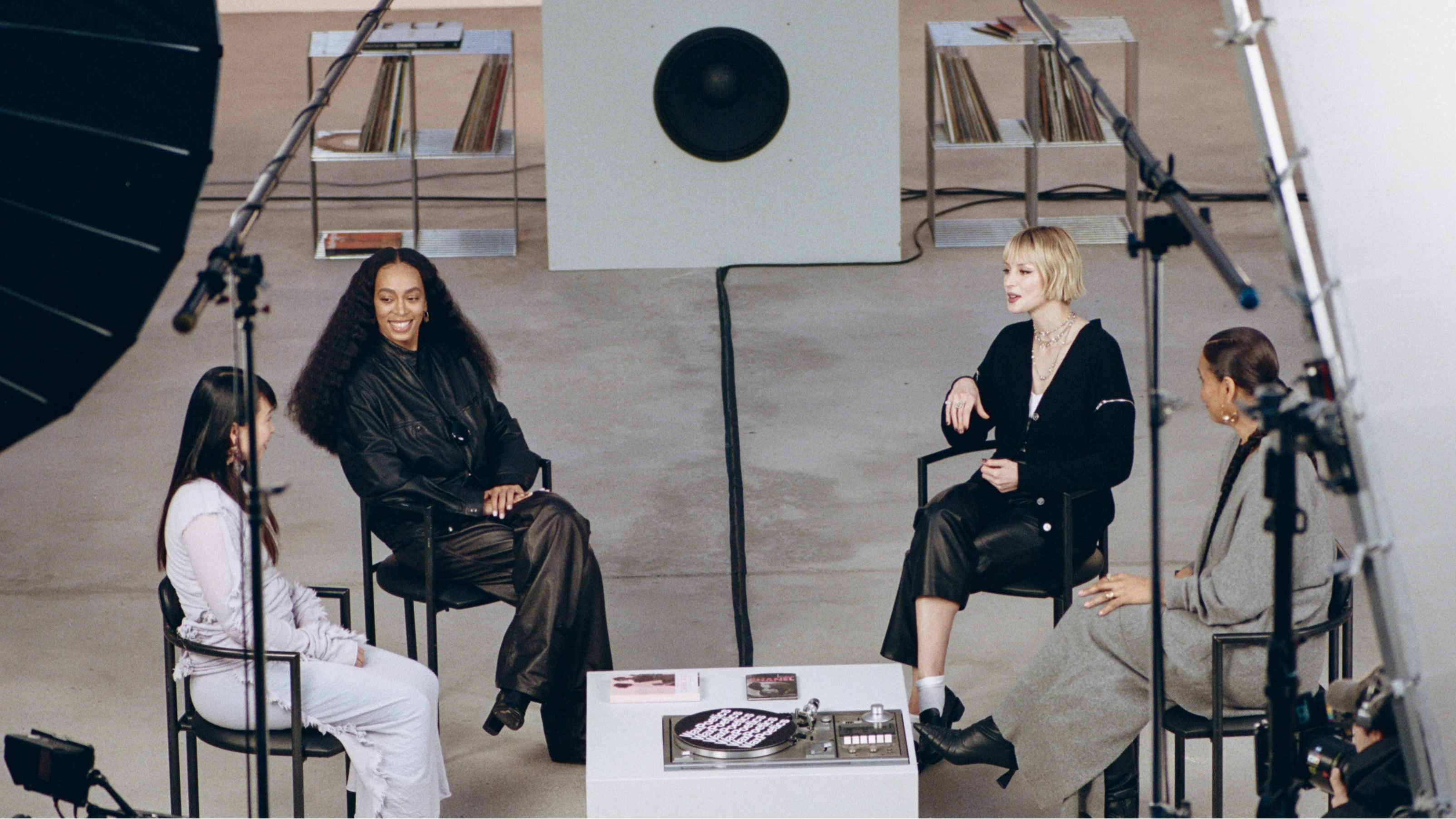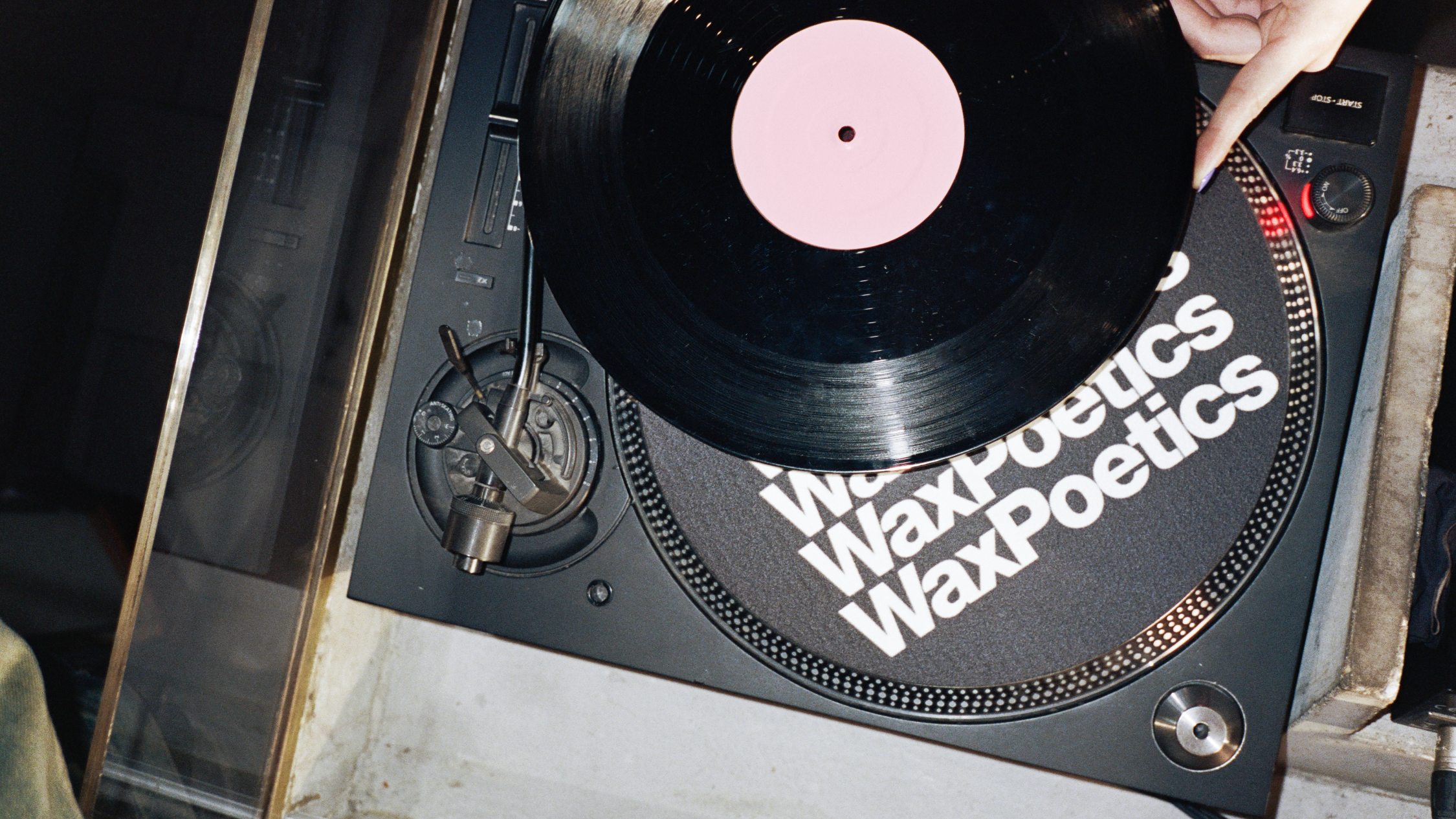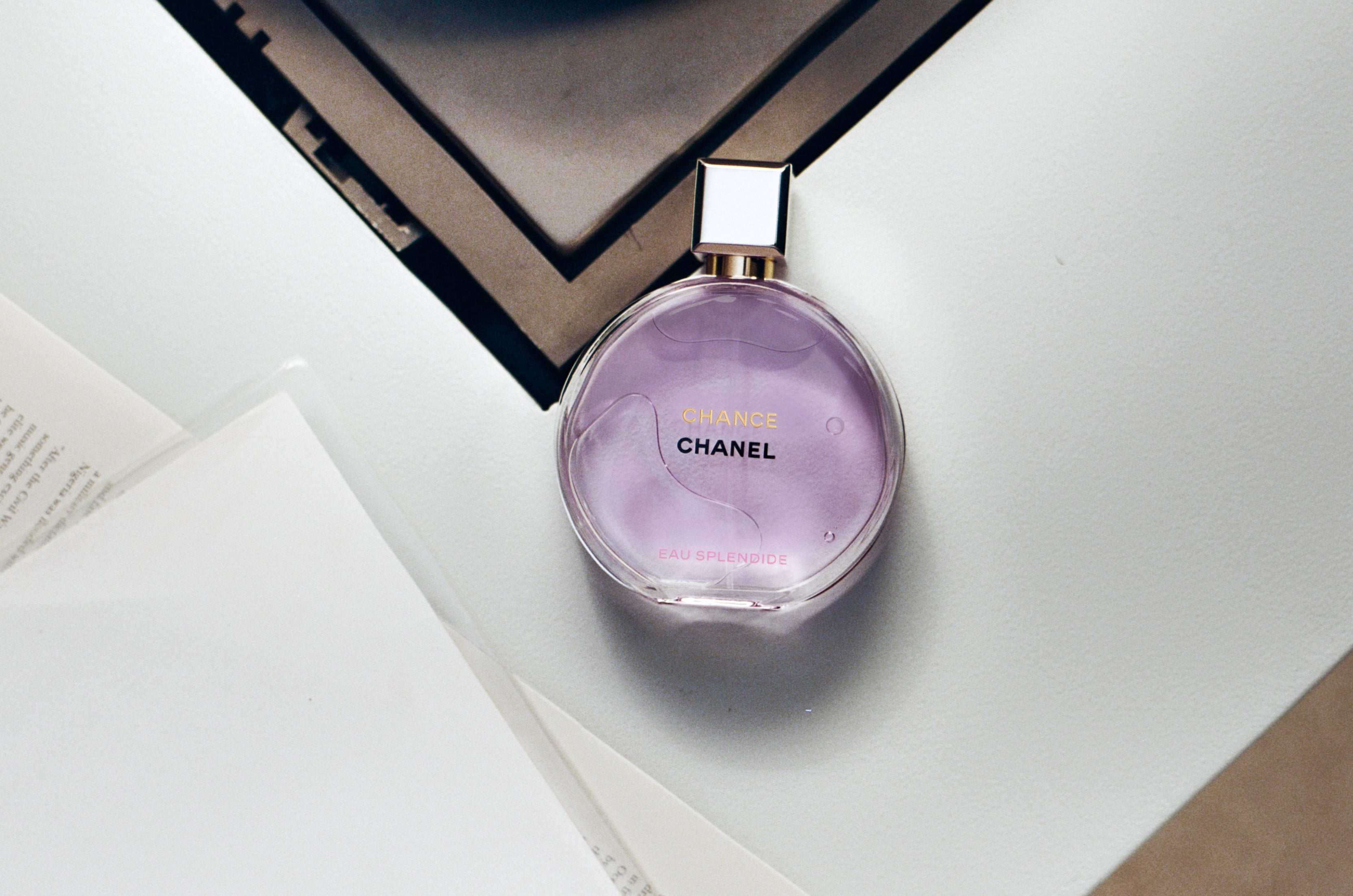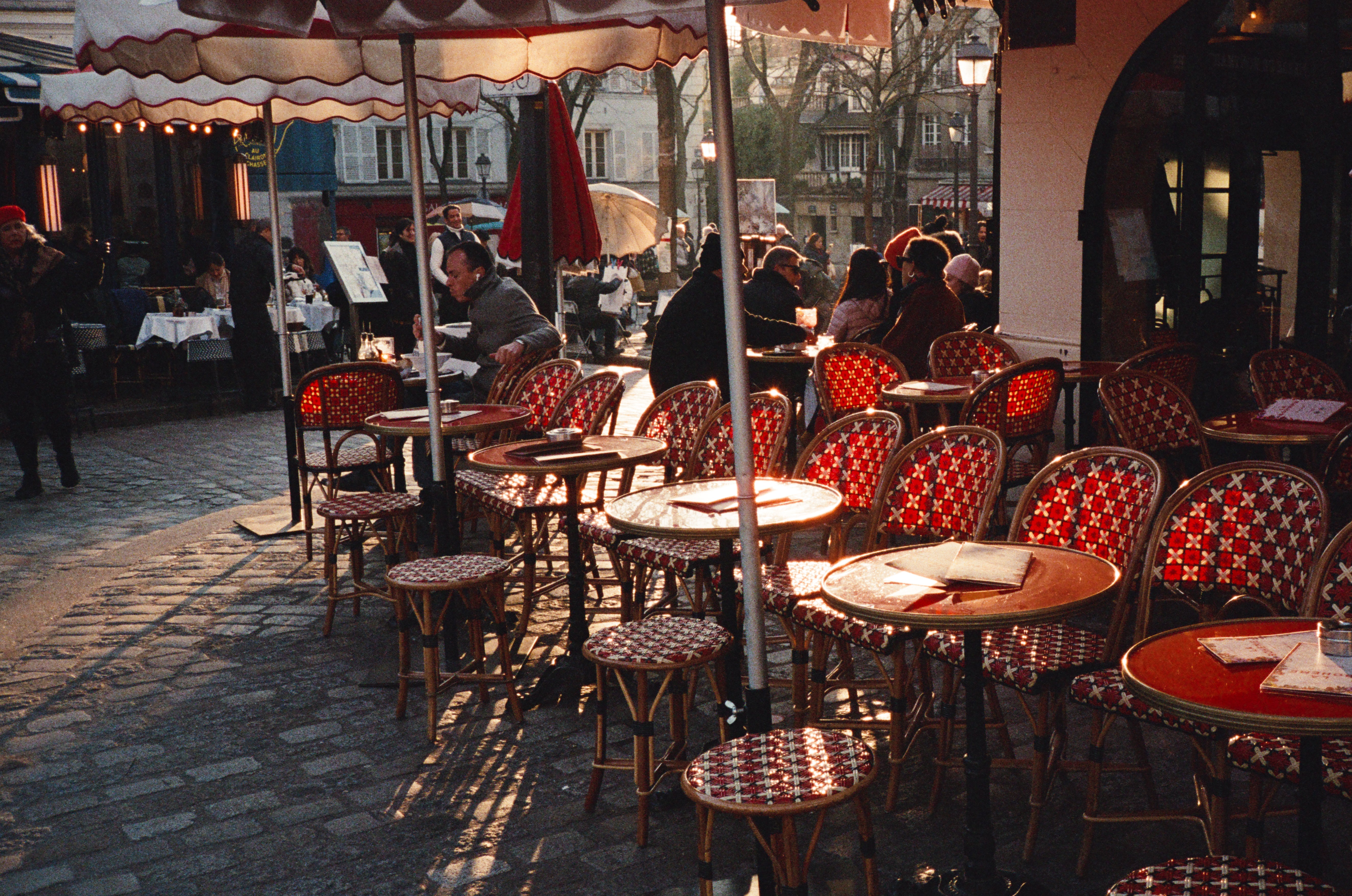Part three
The late Greg Tate once said “the singularly transcendent thing about jazz is that it allows one human the right to assume universal proportions through self-expression”. The notion of having “the right” to do something or better yet having the nerve to do something is harmonious with the idea of taking a chance.
Musically, there’s perhaps no genre other than jazz that epitomises what it means to take a chance. From Miles Davis and Herbie Hancock to Tania Maria and Abbey Lincoln, all the way to Moses Boyd and The RH Factor, jazz is and always has been the pre-eminent musical artform daring to colour outside the lines.
Jazz is a genre and artistic practice that the four musical supernovas who’ve been leading our ‘Chance in Music’ editorial series all have a relationship with. Angèle studied jazz piano at the prestigious Jazz/Pop Studio in Antwerp. Yukimi in her pre-Little Dragon days had a productive partnership with the Swedish jazz duo Koop and would revisit the genre in future collaborations with BadBadNotGood and Flying Lotus.
Solange first explored the genre on the fan-favourite ‘God Given Name’ and channelled the cosmic influence of Alice Coltrane throughout her 2019 album ‘When I Get Home’. Serendipitously, she also recorded a jazzy interpretation of Little Dragon’s ‘Twice’ with Robert Glasper and Questlove. Meanwhile Neneh Cherry has deep familial roots in the genre through her legendary stepfather, Don Cherry. In 2012, she paid homage to those roots with her side project "The Cherry Thing’, recorded in collaboration with the Norwegian jazz trio The Thing.
These ladies have not only embodied the sound in their works, it’s become a way of life and an aesthetic model for their creativity at large. In the final of our three exclusive Q+A’s, rounding out Wax Poetics and Chanel’s bespoke editorial series, Angèle, Neneh Cherry, Solange and Yukimi Nagano look at how jazz can be used as a metaphor for taking risks in art and breaking free from tradition and expectation.
FEATURING...
Watch the full roundtable discussion featuring Chanel Ambassador Angèle, alongside Neneh Cherry, Solange Knowles and Yukimi Nagano here
Q&A
What does jazz mean to you as a philosophy and approach to creativity?
Yukimi – I've had this discussion with various people and my band members through the years. To a certain extent it's a sound, but I think philosophically, it's again, a leap of faith into the unknown. For me, there is that aspect of it being live, playing without a backtrack, knowing it can go anywhere. The beat could change; anything could happen. It’s having that sense of communication with each other, and I guess that's also a sense of taking a chance and being vulnerable. For me, that’s jazz - it's not so much that it has to be bebop or this or that. It’s an expression, and a way to communicate and to be open to whatever the moment will give. Whether that makes you uncomfortable or comfortable. It’s whatever the moment gives you and being open to that. So, I'd say that's what jazz means for me.
Wax Poetics – Neneh, of course you grew up having a dad who was a famous jazz musician, and in recent years you recorded a jazz project with The Thing. What did that teach you?
Neneh – I can’t remember what it was but I recorded something, and my friend went “yo, that was very jazz what you just did”. A product is a weird word but maybe I am a product of where I come from. It’s a form of expression, and I think it's a way of listening, because I think listening is so important. I know sometimes I've done gigs and I come off stage, and I wasn't really tuned into what everyone else around me was saying. I was just out there. When you're touring, you're out playing, in theory, the same songs over and over. But in theory, those songs are never the same, speaking back to what we said about repetition. Taking a step away from the danger of doing repetition in the wrong way. Where you are just doing what you did yesterday. You’re just in a kind of choreographed mode, in the sense that you're doing something without thinking. Not thinking is quite dangerous or lonely. Jazz to me, is listening, it's starting over. Giving what you're doing a chance to start a new life as it's unfolding, even if it's the same thing as you did yesterday. I also think it’s about taking your time. Sometimes I remembered Don [Cherry], my dad, being with young musicians who were wanting to impress him. Quite often he would just tell them to not worry. “You don't have to do a big solo. Just play one fucking note. Just hang and play one note”.
Angèle – This reminds me of a day I had when I was in jazz school. It was the first, ensemble lesson, and I was terrified, because I did not know anything about jazz. I was coming from classical piano, and that's exactly what my teacher said. She was like, “Angèle, don't worry, just play one note”. I remember playing and everyone watching was like “yeah, you're doing great”. I think there's something scary about jazz, because it requires, of course, a lot of knowledge of the music and of the theory, but you really have to go through it. You really have to leave it behind. You have to not think about it too much.
Neneh – I think that's an intellectual kind of idea, but jazz is just the raw expression. You get all these people overthinking it. It's a language.
Yukimi – But it’s been turned into something else
Neneh – Something high-brow.
Angèle – I like that it can be something that not snobby because you have to just go through what you want to say and what you want to show. If you're only playing one note, if you really believe in it, everyone will listen to it and like it. I think this is what jazz is to me. There is this idea of, like, a lot of technique, but when you leave it behind, it's actually about being really free to improvise. Where something really will never be the same.
Neneh – Improvising can be very scary. You know sometimes when you're doing a tune, and then someone goes “okay, yeah, let's do the outro. Do what you want”. And you’re like “Oh, shit, I don't know what I want to do”. That's terrifying.
Angèle - And when you're doing it and you don't know where you're going, it’s even more crazy, because there's a big energy coming out of it.
Wax Poetics – Solange, anything to add on jazz as an approach to creativity?
Neneh – Do you know what The Last Poets said? “Jazz is a woman’s tongue stuck straight down my throat” [laughs].
Solange – What I will say is that, there's been a few jazz vocalists who have really given me permission to use my voice in ways that are very primal. In ways that are not pretty and in ways that feel very guttural. That was a really profound shift for me hearing women like Jeanne Lee and Linda Sharrock. These women who commanded sound and really used their voices as instruments. A lot of people use that term “the voice is an instrument” very loosely, but to actually hear them emoting and channeling a frequency with the sounds that they made, it gave me a lot of courage. I feel enormously grateful to have been able to see women who look like me make these sounds. That has been like a real turning point for me, just having that permission by way of the blueprint that they left for me.
Reflection
As we wrap up this exploration of chance and the profound impact it enacts on creative expression, it is abundantly clear that chance is woven into the very fabric of art and life. The perspectives of Angèle, Neneh Cherry, Solange, Yukimi, and Olivier underscore a shared belief: instead of shying away from the tensions between intention and spontaneity or the alchemy between risk and creativity, we should embrace them wholeheartedly. Doing so opens the door to a wealth of possibilities waiting to be discovered.
DISCOVER THE REST OF THE SERIES
About chanel
Chanel is a private company and a world leader in creating, developing, manufacturing and distributing luxury products. Founded by Gabrielle Chanel at the beginning of the last century, Chanel offers a broad range of high-end creations, including Ready-to-Wear, Leather Goods, Fashion Accessories, Eyewear, Fragrances, Makeup, Skincare, Jewellery and Watches. Chanel is also renowned for its Haute Couture collections, presented twice yearly in Paris, and for having acquired a large number of specialized suppliers, collectively known as the Métiers d’Art. Chanel is dedicated to ultimate luxury and to the highest level of craftsmanship. It is a brand whose core values remain historically grounded on exceptional creation. As such, Chanel promotes culture, art, creativity and “savoir-faire” throughout the world, and invests significantly in people, R&D, sustainable development and innovation. At the end of 2023 Chanel employed more than 36,500 people worldwide.
